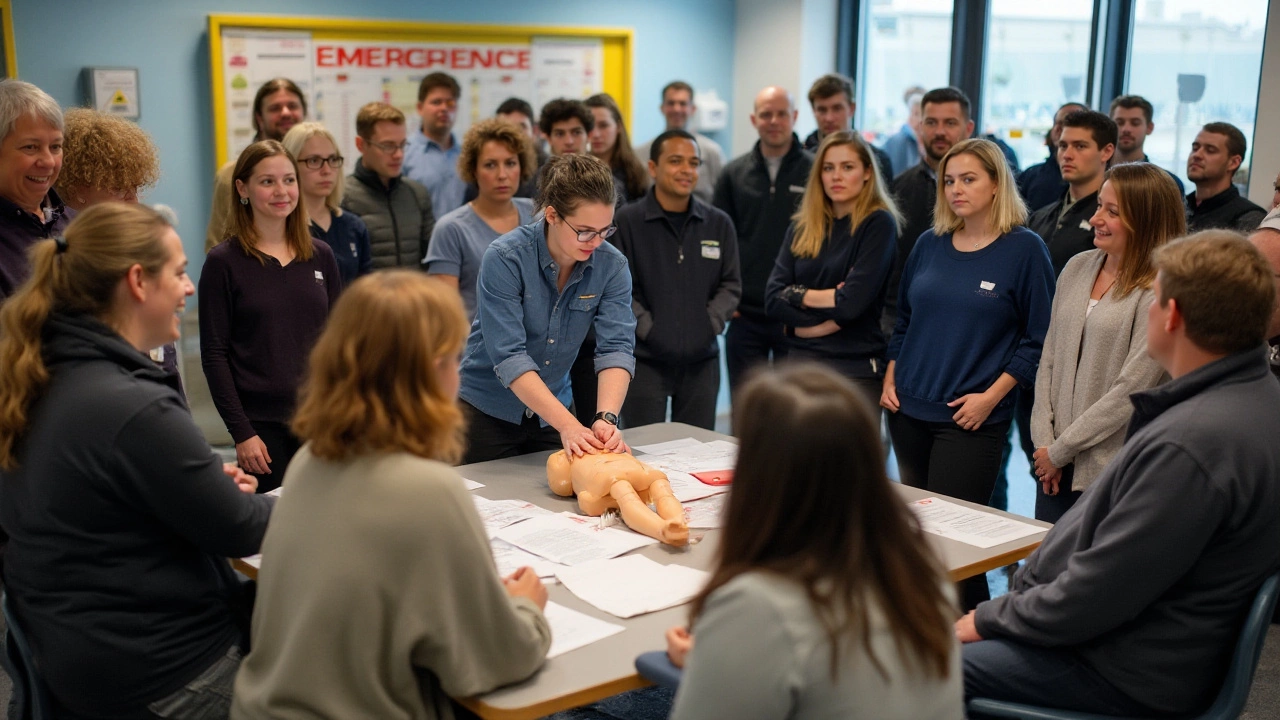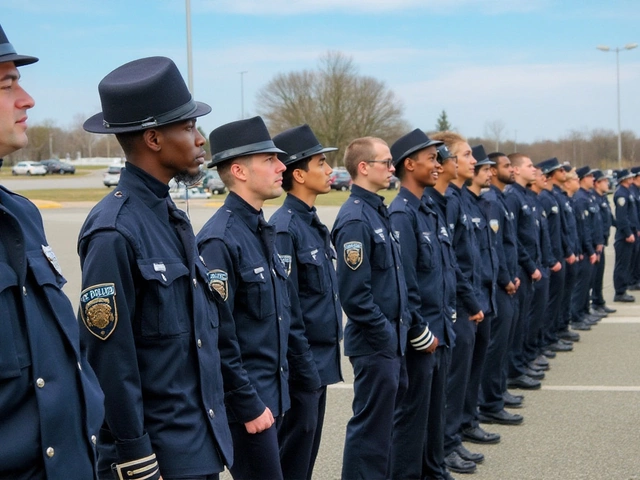Emergency Preparedness: Quick Tips, Essential Courses, and Real‑World Careers
When a crisis hits, there’s no time to scramble for information. Knowing the basics of emergency preparedness can mean the difference between safety and chaos. Below you’ll get straight‑to‑the‑point advice you can use today, plus a look at the vocational routes that turn preparedness into a profession.
Everyday Steps to Stay Ready
First, create a family action plan. Write down meeting points, emergency contacts, and a short list of supplies (water, non‑perishable food, a flashlight, and a first‑aid kit). Store this plan where everyone can see it – on the fridge or a shared phone note. Second, practice a quick drill. Run through the plan at least twice a year so each member knows their role without thinking.
Third, protect your home. Install smoke detectors on each floor, test them monthly, and replace batteries yearly. If you live in a flood‑prone area, learn how to turn off the main electricity and gas valves. Finally, keep important documents (IDs, insurance policies, medical records) in a waterproof bag. A digital backup on a secure cloud service adds an extra layer of safety.
Turn Preparedness into a Career
If you enjoy planning and safety, a job in emergency preparedness could be a perfect fit. GoSkill offers several courses that lead straight into the field. Our Fire Academy program in Virginia, for example, teaches you the hands‑on skills firefighters need – from basic fire‑suppression tactics to advanced rescue operations. The course runs for a set number of weeks, combines classroom theory with real‑world drills, and ends with a nationally recognised certification.
For those who prefer a broader safety focus, the Best Degrees for a Career in Safety guide walks you through qualifications like Occupational Health and Environmental Safety. These programmes blend legal knowledge, risk‑assessment tools, and practical workplace drills. Graduates often land roles as Safety Officers, Compliance Managers or Health & Safety Advisors across construction, manufacturing, and public sectors.
Another fast‑track option is the NVQ (National Vocational Qualification) pathway. Our NVQ Level 2 and Level 3 courses are designed for people who learn best on the job. You’ll complete a mix of workplace assessments and short classroom sessions, earning a qualification that employers recognise for roles such as Emergency Planner or Disaster Response Coordinator.
Many learners wonder if they need a degree before diving into these fields. The answer is no – most emergency‑response jobs value proven skills and certifications over formal degrees. High‑paying certifications like the CompTIA Security+ for cyber‑incident response or the Firefighter I/II badge carry real weight on a CV.
Beyond formal training, real‑world experience matters. Volunteering with local fire departments, Red Cross shelters or community emergency response teams gives you hands‑on practice and networking opportunities. This kind of involvement often leads to paid positions or apprenticeship offers.
Ready to start? Browse the emergency preparedness tag on our site to see all related posts, from budgeting tips for fire‑academy trainees to detailed guides on safety‑training responsibilities. Each article is packed with actionable advice you can apply right now.
Remember, preparedness isn’t a one‑time checklist; it’s a habit you build over time. Pick one tip today, add a related course to your learning plan, and watch your confidence – and career prospects – grow. With GoSkill’s practical training, you’ll not only stay safe but also open doors to rewarding jobs that keep others safe too.




